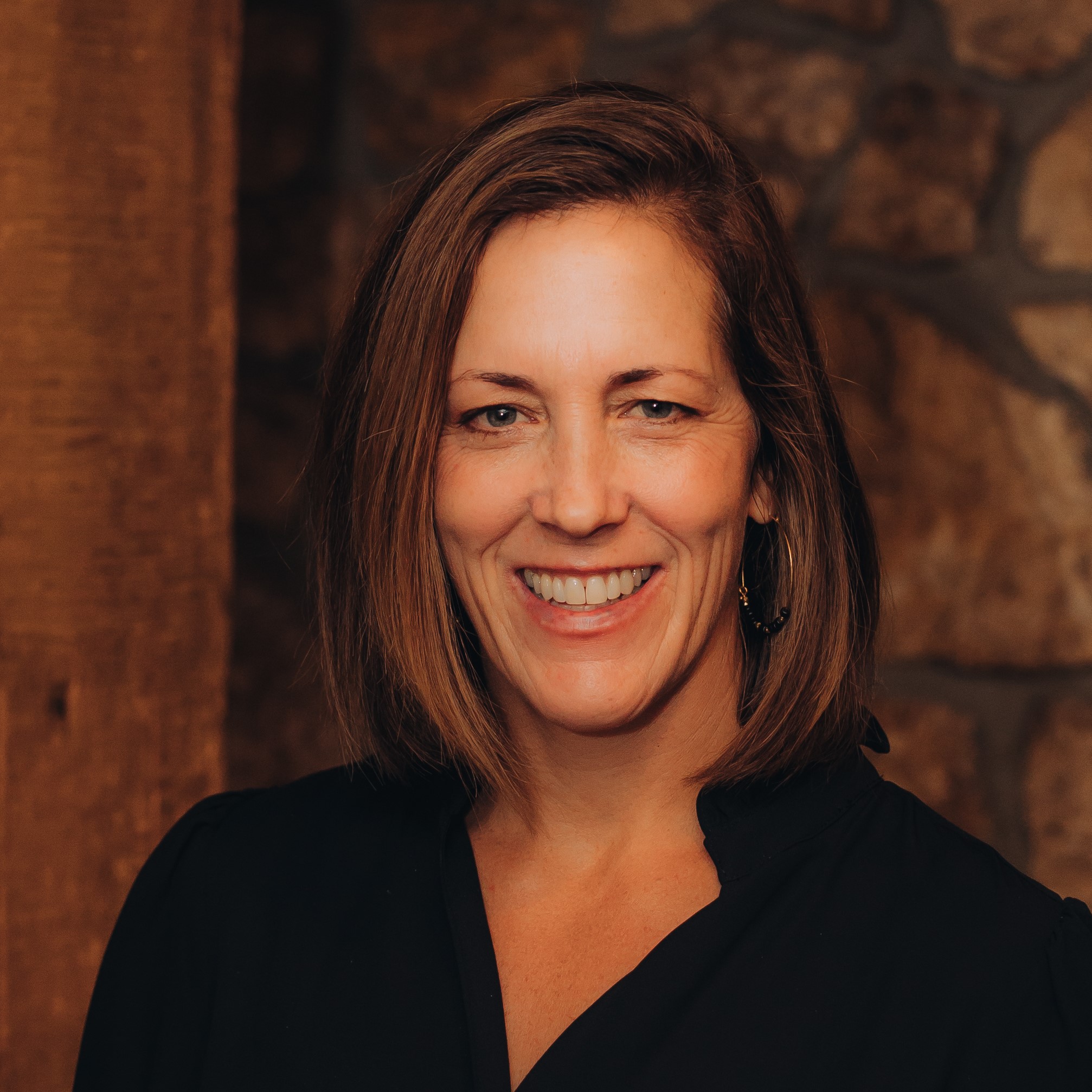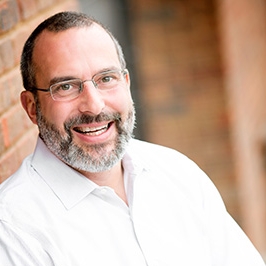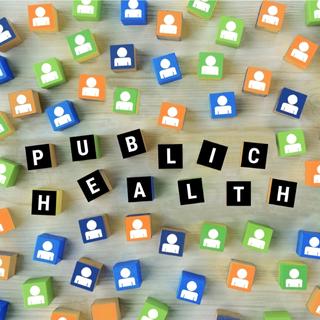Grant Writing
Description
The Center for Children, Families, and Workforce Development will host a two-part highly interactive grant writing workshop for public health professionals.
The first 2-hr workshop will focus on the information you need to know to apply for the right grant for your program.
The second 2-hr workshop will focus on the specifics of writing successful grants including crafting effective problem statements, goals and outcomes; designing workplans, sustainability plans, and evaluation plans; and constructing adequate budgets for successful implementation.
Learning Objectives:
Workshop #1
Learning Objectives - After this course, participants will be able to:
• decipher types of funding
• identify the ingredients of a fundable project
• assess their program or organization’s readiness to apply
• find where to search for funding opportunities
Workshop #2
Learning Objectives - After this course, participants will be able to:
• understand the anatomy of a RFP
• identify the essential elements of a grant proposal
• find sources of data to support your proposal
• develop the distinct components of a comprehensive proposal
Trainer Information

Kate Chapin, MSW, LCSW
Kate Chapin serves as Executive Director for the University of Montana Center for Children, Families, and Workforce Development. As director, Kate leads a team of 30 researchers, educators, social workers, and public health professionals dedicated to improving systems of care for Montana’s children and families. This work is achieved through research & evaluation, technical assistance & capacity building, and workforce training & development. Kate has served as the lead evaluator for statewide projects including the Zero Suicide in Health Systems Implementation grant, PAX Good Behavior Game and the Innovations Grant. Previously, she was Director of Field Education and Clinical Faculty for the University of Montana School of Social Work.

Jeff Folsom, JD, LCSW
Jeff Folsom is recognized for his solution-focused approach in leadership roles shaping state policy, reducing systemic barriers to delivering behavioral health care, improving access and promoting the quality of care for Montana’s children and families. His work advocating for family well-being and social justice has touched every level of our systems. Jeff has spent over a decade on the front lines providing direct care services in a variety of treatment settings. From night shifts to family therapist to leading through supervisory roles and executive management success for Jeff means providing quality care by identifying deficiencies, meeting needs and cultivating systems. His dual qualifications in law and clinical social work foster leadership in operations, policy and advocacy.

Mary Collins, MSW
Mary has spent the last ten years working in a variety of health and social service settings where she’s gained experience providing both direct services and program and grant management. She obtained her Master of Social Work from the University of Montana in 2018. Mary’s passion for mezzo and macro social work led her to pursue policy-oriented positions with the Montana Department of Public Health and Human Services (DPHHS). During her time at DPHHS, Mary led the restructuring of several key programs and funding mechanisms, including Medicaid, state general fund dollars, and federal grants, to improve Montana’s behavioral health system. She worked with stakeholders and state leadership to advance policy initiatives and made strategic decisions on how to allocate various funding streams to have the greatest collective impact across Montana. Mary now works at the Center for Children, Families and Workforce Development where she provides capacity development support to coalitions, organizations and agencies throughout Montana. She enjoys working with those who care deeply about their communities and finding solutions that create tangible outcomes for those in need.
